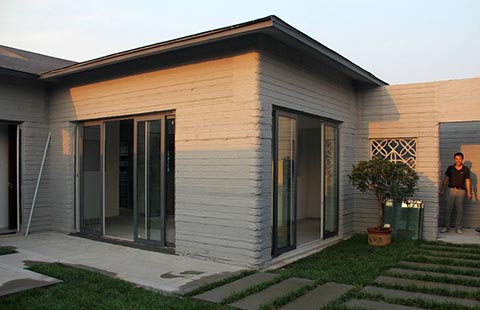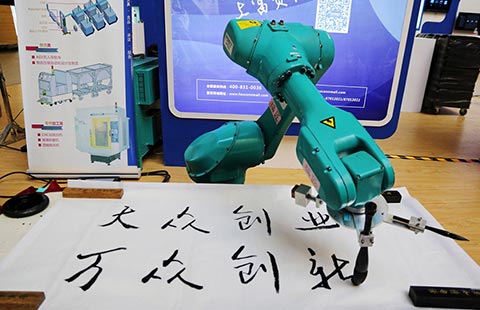

Gan Li, in charge of the Southwestern University of Finance and Economics research, said on his micro blog that he expected the NBS to publish the original data behind its calculations.
Cai Zhizhou, a researcher with the Center for National Accounting and Economic Growth at Peking University, called the NBS research credible as it was in line with his center's research, and a narrowing gap was the result of the growing pay levels of lower-income groups.
However, "it may not be a precise figure, because most residents surveyed, especially higher-income groups, may not reveal their true income".
Nevertheless, Cai said, an undeniable fact was that China's Gini coefficient has been rising from around 0.3 in the 1980s to the current level above 0.47.
"China has been sacrificing social equality for its economic growth, and now it's time to make more effort to pay it back.
"Although the separate Gini coefficients in the cities and rural areas may not be as high, a major issue is the huge gap between urban and rural incomes," Cai said.
According to Ma, urban households earn three times as much as rural ones, and higher-income groups earn four times as much as lower-income groups.
Gan said such inequality was the reason for the inadequate purchasing power in China, and that a narrowing pay gap would boost consumption and help facilitate the country's ongoing economic transformation.
China vowed to double the country's GDP and per capita income for both urban and rural residents from the levels of 2010 by 2020, according to a report released after last year's 18th National Congress of the Communist Party of China.
But Ma said that doubling the GDP and the per capita income was not enough.
"The country should do a better job at income distribution and strive to make the incomes of low- and middle-income residents grow faster."
 Village in Shandong unveils 3D-printed villas
Village in Shandong unveils 3D-printed villas
 How Shandong is implementing supply-side reform
How Shandong is implementing supply-side reform
 World's most inventive modes of transport
World's most inventive modes of transport
 World's top 10 cities in economic clout
World's top 10 cities in economic clout
 Hangzhou airport offers beds to tired travelers
Hangzhou airport offers beds to tired travelers
 Top 14 most powerful Chinese women in Fortune's ranking
Top 14 most powerful Chinese women in Fortune's ranking
 Robot writes beautiful calligraphy
Robot writes beautiful calligraphy
 Top 10 biggest autoparts makers
Top 10 biggest autoparts makers
 China's new yuan loans more than double in August
China's new yuan loans more than double in August